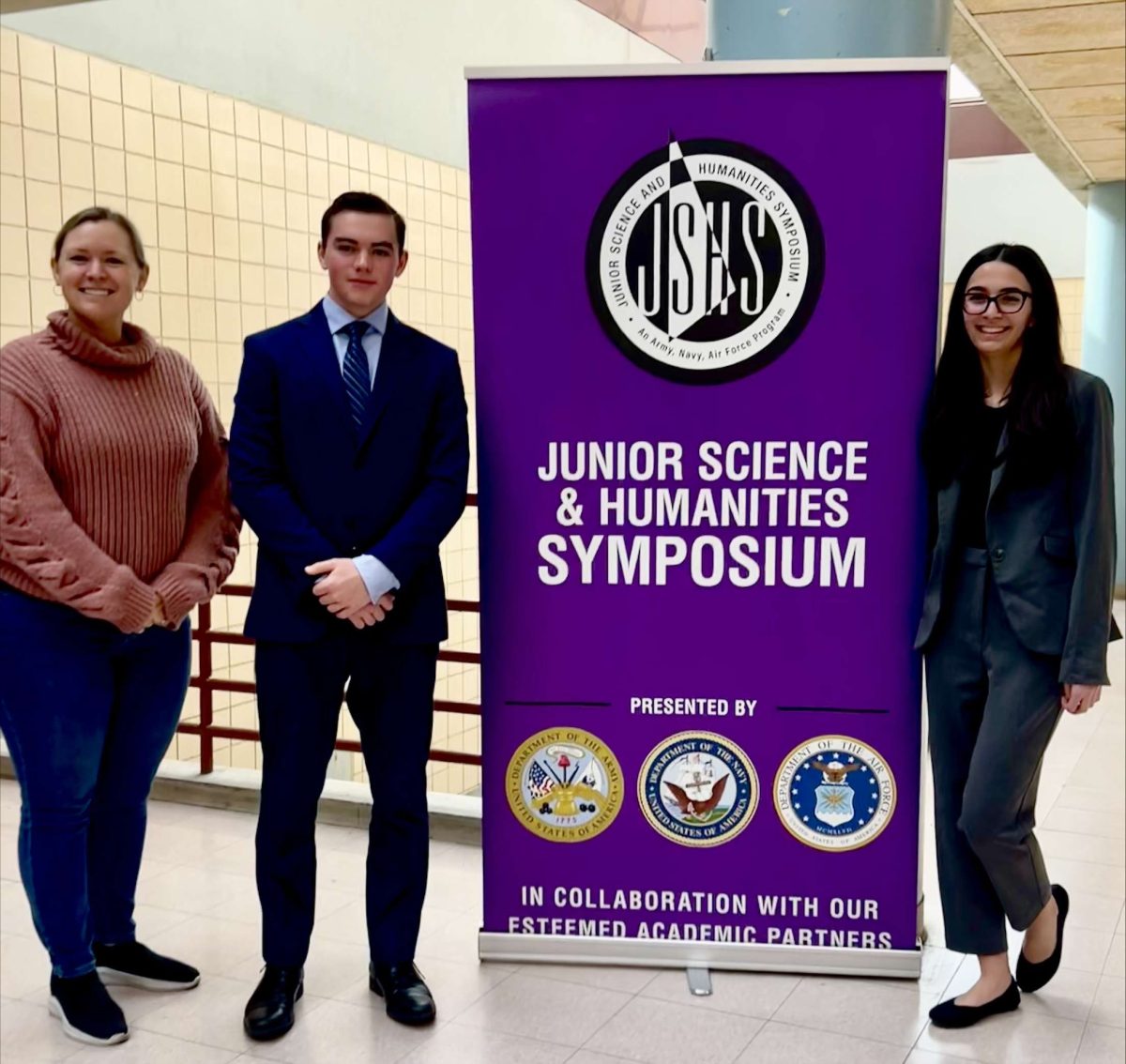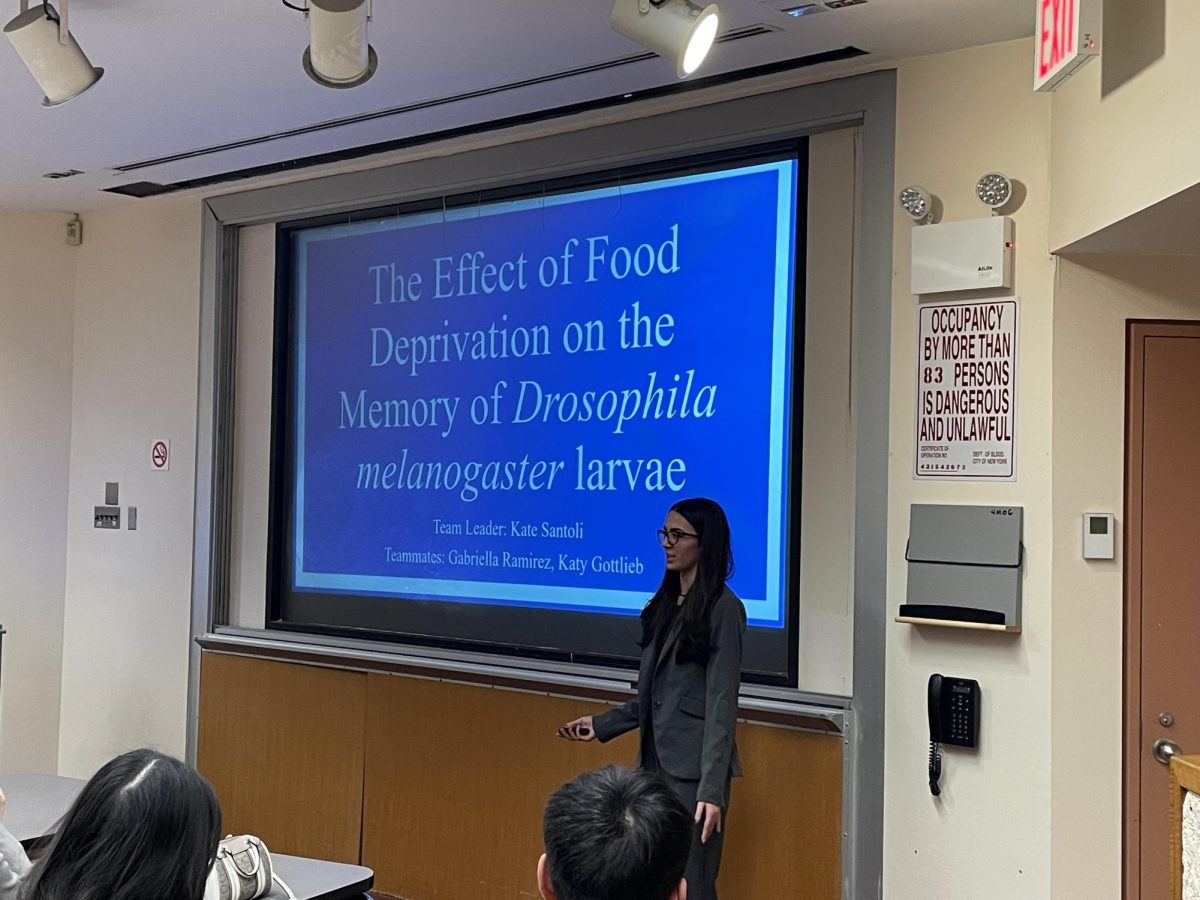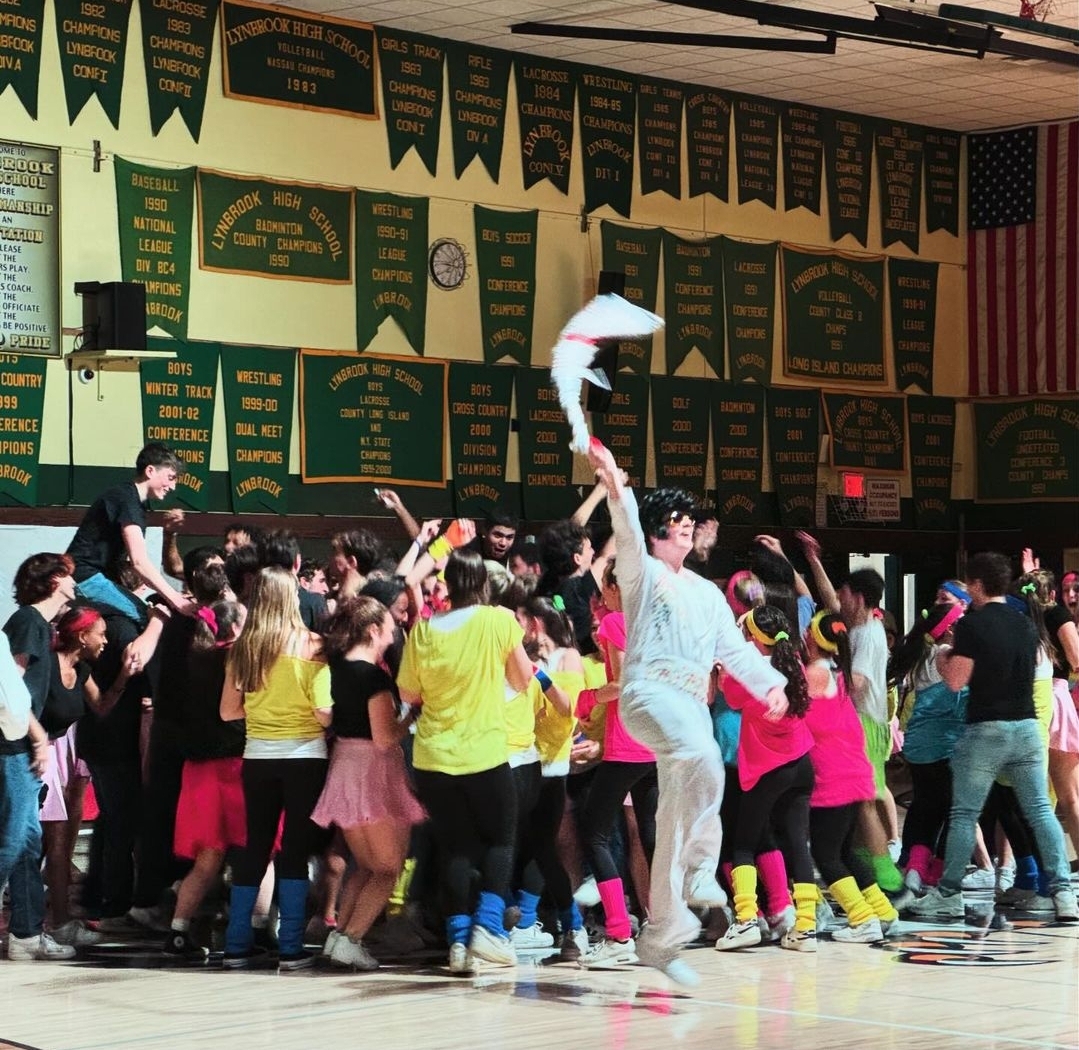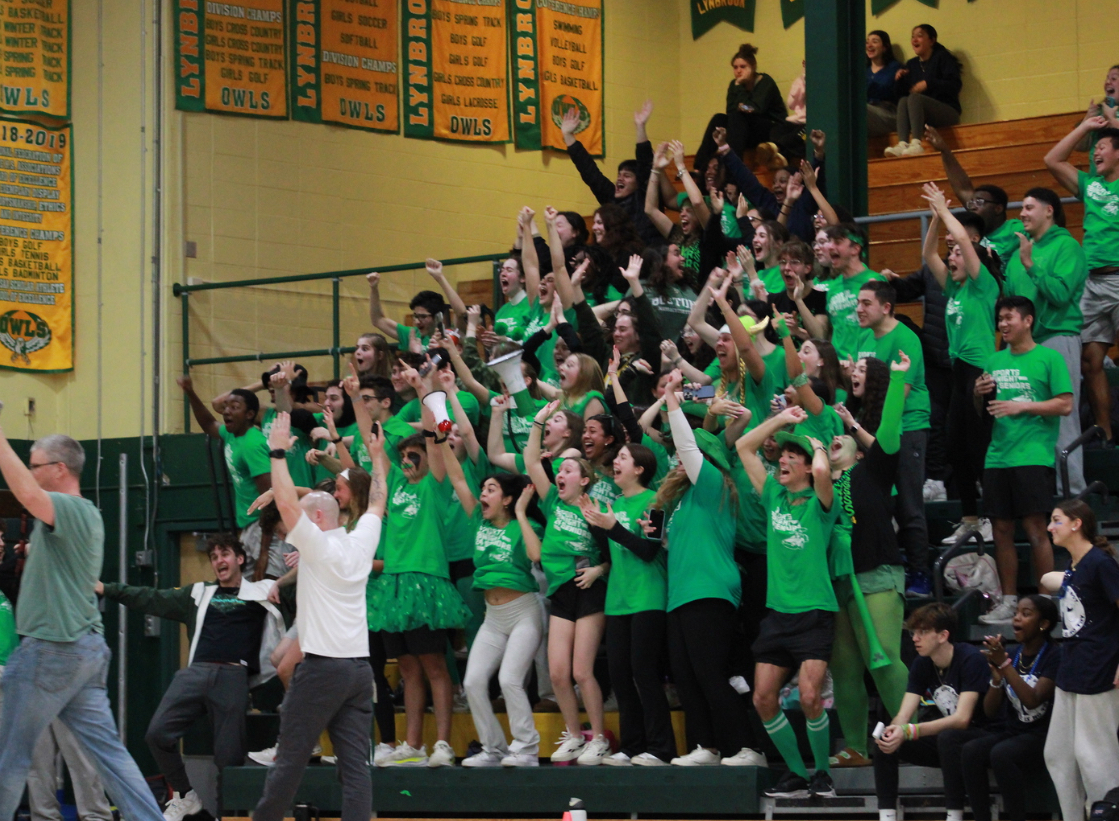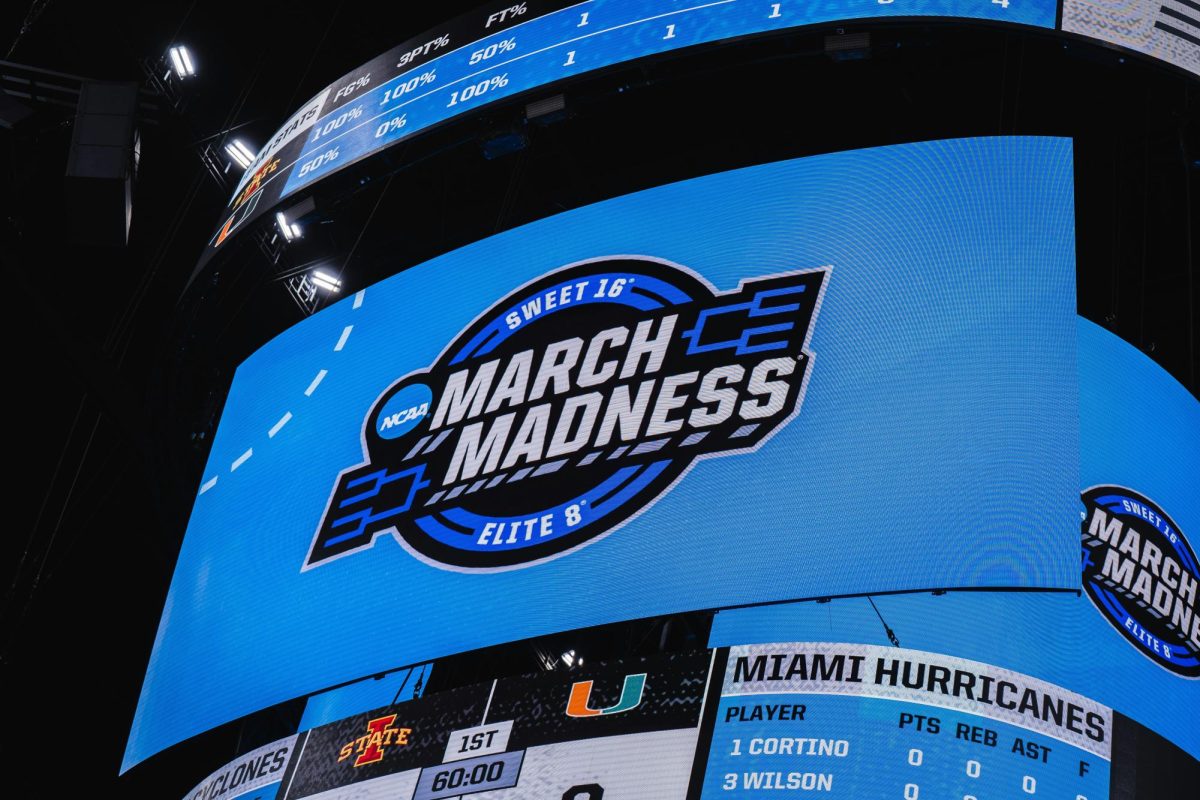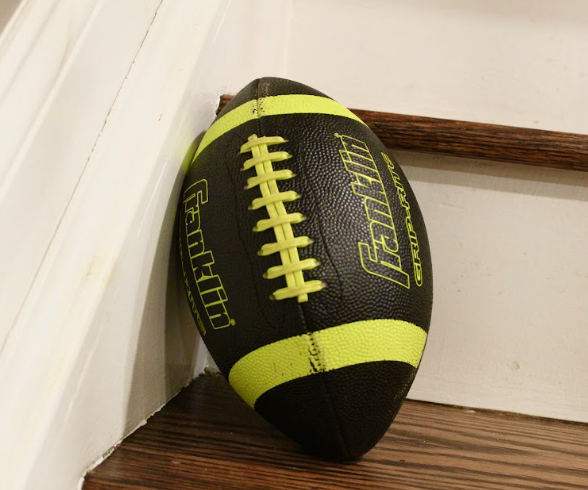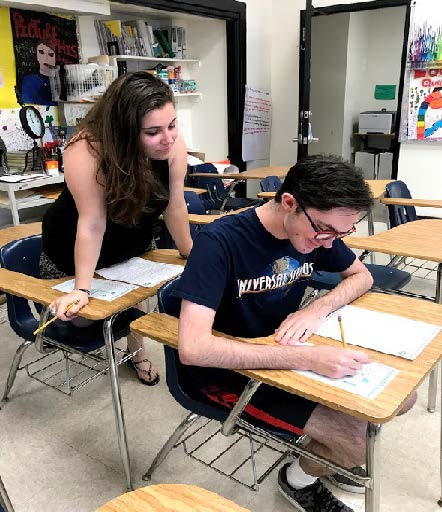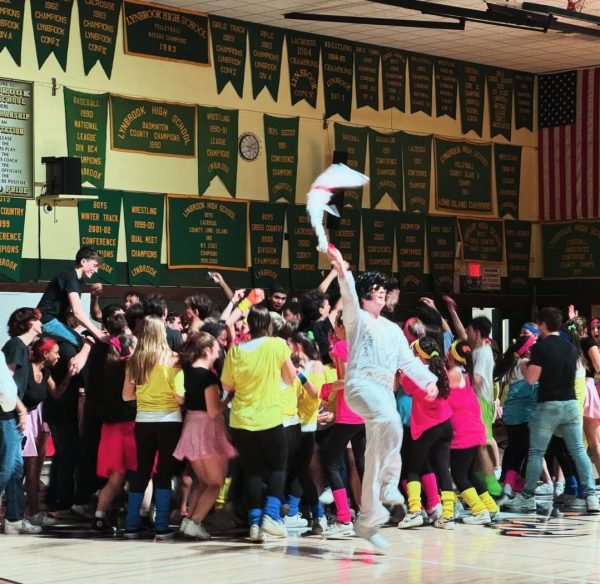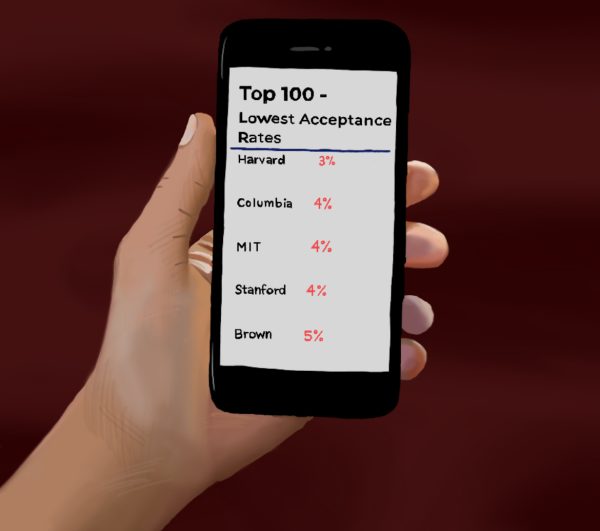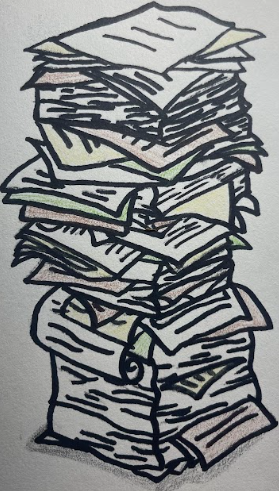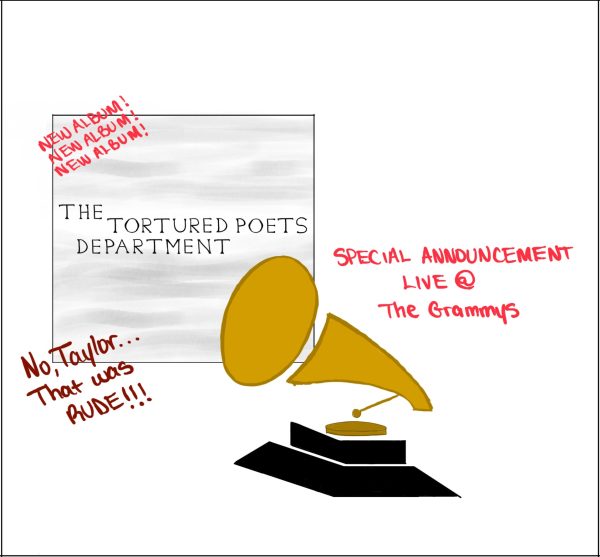Cheater Fever
While taking a stressful examination, more often than not can a student’s eyes wander towards his/her peer’s scantron beside him/her, despite understanding the gravity of this transgression. Being caught in the act of cheating leads to great repercussions and can cause a student’s grade to suffer significantly; however, when caught in a difficult testing environment, sometimes the fear of poor performance can outweigh the threat of potential consequences. If cheating has been condemned as an unethical act of academic fraud, then why do so many students do it?
LHS aims to uphold high academic excellence all while ensuring students display an honest effort. The LHS Code of Conduct describes various forbidden acts of academic misconduct that can result in severe ramifications, including and not limited to plagiarism, cheating, copying, altering records, and assisting another student in previously stated actions. Unfortunately, it is rather unrealistic to believe that all students religiously follow rules against academic misconduct. Cheating seems to be so prevalent that even the highest achieving and determined students may participate in the act. Ultimately, much of the emergence of cheating can be largely attributed to both a highly competitive academic environment and the increasing reliance on technology in education.
It is well known that many students care immensely about their grades, but some students have taken the pressure to obtain desired grades too far. Sophomore Kaylin Tephly shares, “There is a really competitive atmosphere here, so people will do things to get ahead. And, often, if you not participating in something, then you will fall behind.” Specifically, students have been known to share assignments such as homework, take-home-tests, and online-assignments to prevent them from receiving low grades. Once assignments gets shared, they can be mass distributed via technology throughout the class, which leads to people completely copying the assignment. This deprives students of the aim of learning and prevents them from grasping the concept. Ultimately, if grades were viewed with less importance, students would be less likely to cheat on assignments, which in turn would likely help students to learn concepts more efficiently.
Additionally, refusal to participate in corrupt actions of academic fraud may lead to more repercussions than participating in it. Page 10 in LHS’ Code of Conduct states, “Students may be subject to disciplinary action, up to and including suspension from school.” While cheating can result in significant consequences, students very rarely are caught for such acts, which could explain why cheating seems to occur so frequently. Sophomore Caroline Ridings states, “People cheat pretty often, but I have never seen anyone get caught before. It ranges from smaller things like sharing homework, and other times people are completely sharing answers during tests.” In events such as sharing take-home assignments like homework, it is extremely difficult to catch cheating amongst students since claims for these events would derive merely based on speculation rather than sufficient evidence. Likewise, with just a single teacher proctoring a room full of students, he/she may not always accurately monitor each student during an exam. Thus, the difficulty teacher’s face when attempting to catch can ultimately lead to cheating not being caught.
Moreover, the emergence of technology seems to have enabled cheating to become more popular. Sophomore Casey Shea states, “I have noticed people cheating more this year than last. I think the tablets may have something to do with it because it is so easy to spread information.” With freshmen and sophomores carrying out their classwork on tablets, it allows students to have more access to answers and work online. This ultimately leads to an increase in plagiarism. Now more than ever, the Internet can provide many resources regarding a specific assignment that students can use, such as essays written by other students or answer keys found online. Additionally, technology allows for a convenient avenue for students to share work for assignments via email and/or text messages.
Ultimately, cheating seems to be relatively easy for students to get away with. Due to the competitive academic nature at the school, and the difficulty teachers face attempting to catch cheating, students likely will not refrain from cheating without further restrictions on technology. While cheating will always occur in classrooms regardless of attempts to mitigate it, new incorporation of personal tablets into school serves as an enabler for students to cheat; thus, cheating will only rise so long as tablets continue to dominate learning.


